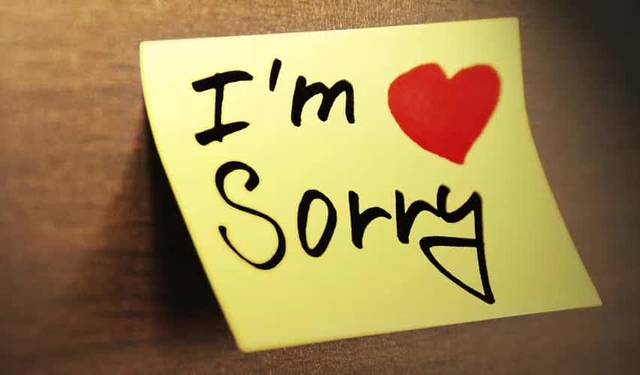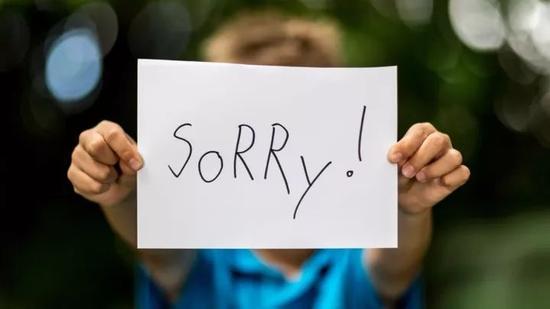
Dui bu qi, Say Sorry in Chinese
Learn how to correctly use "Dui bu qi" as the most common way of saying sorry in Chinese.
Dui bu qi, Most Common Way of Saying Sorry
Dui bu qi is the most common way of saying sorry in Chinese. The meaning of "dui bu qi" is the modest and polite apology. "Dui bu qi" can be used as a verb or a noun.
Pronunciation
To phonemicize "dui bu qi" in Mandarin, it is similar to the phonetic symbol /dwae bʊ tʃi/ .
What Do "dui" "bu" and "qi" Mean Respectively?
"Dui" means match or be comparable to something. "Bu" expresses a negative sense, while the extended meaning of "qi" is (with a clear conscience) raise one's head up. Combining these three meaning together, you may have a more specific interpretation for "dui bu qi" in Chinese.
Basic Usage of "Dui bu qi"
When to Use “dui bu qi”?
"Dui bu qi" are commonly used in many situations. One may say "dui bu qi" for expressing guilt when apologizing. When you are late for the dinner with your boyfriend, you may say: Dui bu qi, I'm late for the appointment. If you accidentally knocked down someone's glass, you should say "dui bu qi" to him as well.
Sometimes "dui bu qi" ( /dwae bʊ tʃi/ ) has a similar semantic function as "excuse me". For instance, when you want to ask a passerby for directions, you will say: “Dui bu qi, may I ask how to get to the Great Wall". In this scenario, the usage of "dui bu qi" is very similar to the function of "bu hao yi si"( /bʊ haʊ ɪ s/) in Chinese, which is sometimes used as an opening phrase when disturbing others for help or asking strangers about something.
When you talk to a third party about your guilt or sorry for someone, you can add an object after "dui bu qi" to express a kind of directional sorry for someone. For instance, you may say to A: "It is all my fault, B has to stay up late and work overtime to remedy this problem. I should say "dui bu qi" to him.”

How to Respond to "dui bu qi"?
In Chinese, you may use "mei guan xi" ( /meɪ gu:ɑn ʃɪ /) or "mei shi"( /meɪ ʃrɪ / ) to respond to "dui bu qi". Both have a meaning of "that's all right, don't feel sorry about it or "it's fine, don't worry". For example, someone accidentally breaks your pen, then he buys an exact same pen to compensate and says "dui bu qi" to apologize. If you forgive him, you can say: "mei guan xi" (it's ok), just be more cautious next time”.
Other Ways to Apologize in Chinese
There are other expressions in Chinese that have similar meanings as "dui bu qi", such as "bao qian"( /baʊ tʃeɪn/), "shi wo de cuo"( /ʃrɪ waʊ d cuɔ/), "bu hao yi si"( /bʊ haʊ ɪ s/) etc. The following are couple of examples:
When you accidentally dial the wrong number, you can say "bao qian" (sorry), I am not familiar with the number of my new friends in China, so I dialed the wrong number. "Bu hao yi si" I disturbed you. In this context, "bao qian" and "bu hao yi si" can express your sincere apology for dialing the wrong number.
When you are criticized by the teacher for not completing the homework in time, you can also say: "Shi wo bu dui" (it's my fault) , I should complete the homework in time.